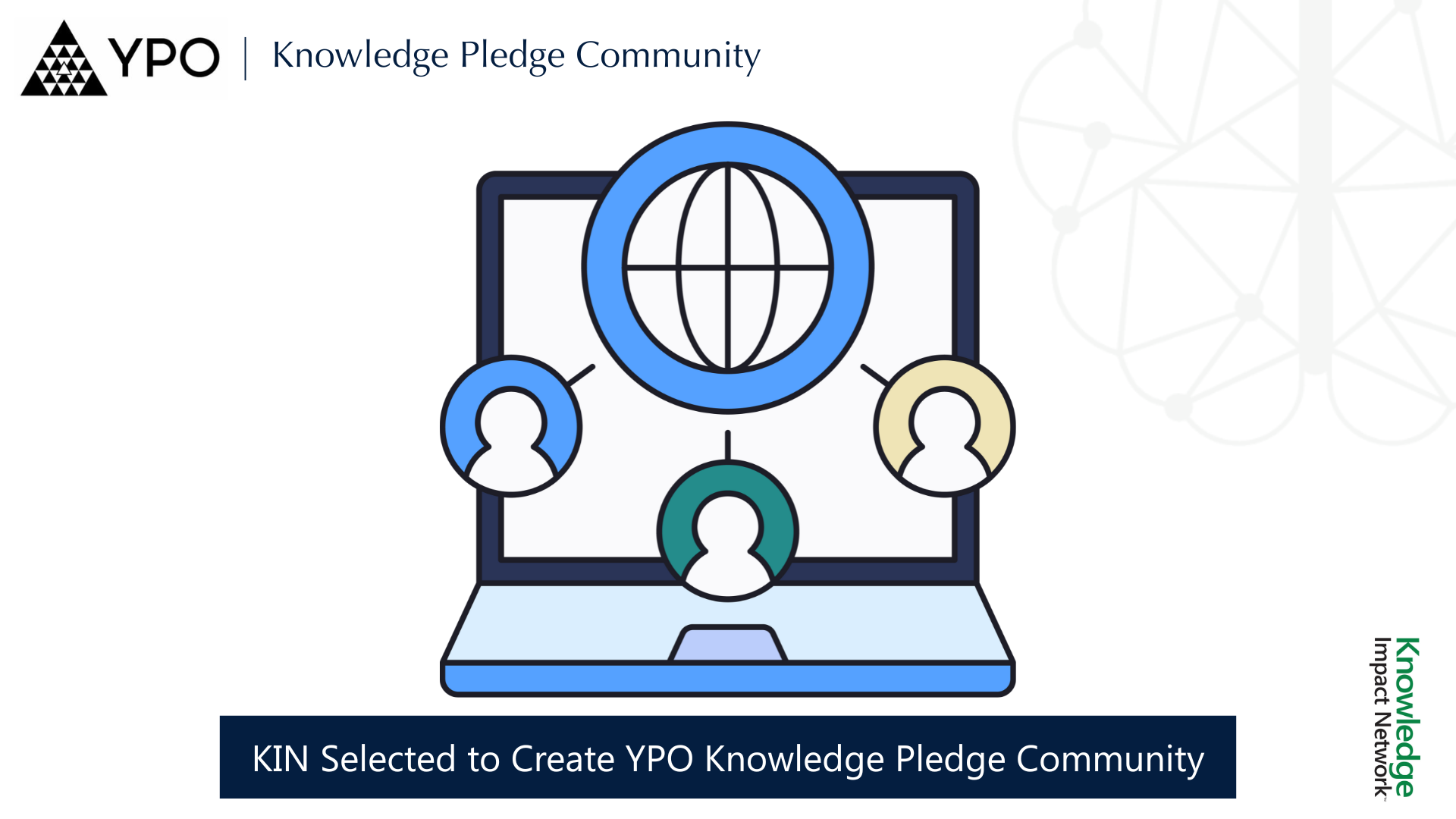
February 1st, 2022
When Elaine MacDonald was running Harvard Business School Community Partners in San Francisco during the beginning of the pandemic, there was a moment that crystallized one of the central reasons she was attracted to The Knowledge Pledge and became its CEO.
HBS/Community Partners was doing a project with San Jose and the Director of Innovation called to say the city had to reorganize into emergency response centers and needed a supply chain expert to help figure out how to deliver food at scale.
At the same time, Elaine recalled in an interview with Stephen Ibaraki, emails were pouring in from alumni who said they were feeling powerless, skilled in business -- helping to diversify revenue sources or building strategic plans to scale into new markets -- but not necessarily experienced in so many other areas needed at the time.
It was then that Elaine said she realized what the world needed was more open network volunteer organizations “for leaders from all different areas to come together and find ways to use their knowledge in a purposeful, positive way that can really help society.” Elaine told Stephen that leading HBS Community Partners helped her realize how much she enjoyed connecting people: “I love being that bridge, that catalyzer to connect individuals who really want to do good in this world, want to be able to add value, but don’t necessarily know how.”

Coincidentally, Elaine met the founders of The Knowledge Pledge, Alain Chetrit, Pierce Dunn and Abhijit Pawar, through a volunteer for HBS community partners, Harvard Business School alumni Elizabeth Funk. Elaine recalled that “they, too, were in a similar situation that I was starting to see in my own work at HBS Community Partners” -- being members of YPO and understanding there were millions of non-members outside the organization wanting to volunteer their time and experience.
Elaine described the founders as “visionaries who have that optimism and can-do spirit and interest in finding a way to do something to give back in a meaningful way.” The idea, Elaine said, “is to build a broader platform where everyone can share their expertise and knowledge.” “There's an opportunity that's bigger here to really create a community of purpose-driven leaders to share their networks and their knowledge with social ventures around the world,” Elaine told Stephen. “I was just really excited about the concept of recreating from scratch, a startup model.”
“It’s actually a chance, as you pointed out, to do this in an entrepreneurial way; to reimagine how we can create a new knowledge economy exchange and really take it to a new level,” she said.
During 2022 and 2023 Elaine said The Knowledge Pledge will focus on creating platforms bringing “signatories” who have a wealth of experience, expertise and broad networks, together with innovative high-impact social entrepreneurs. Much of those connections, she said, will take place during short Catalyze Sessions to provide on-the-spot advice on how the social entrepreneurs can break through very specific challenges. Teams of signatories will also be able to spend months working with social ventures co-creating solutions to accelerate change.
In addition, The Knowledge Pledge will have a community hub where small groups with like-minded interests can get together to share and discuss a particular specific topic of interest and figure out how they can drive action. “The goal is to make it really easy for people to share their knowledge,” Elaine told Stephen. “Our hope is to build that platform and build a number of pilots across each of these different vehicles, to start really building this movement for people to share their impact.”
The Knowledge Pledge, Elaine said, will be defining its initial pillars of focus at the same time exploring and entering new sectors. “So, certainly education is one of them, health and well being, economic opportunity, climate action, and dealing with inequalities both in gender and race are some of the bucket areas,” she said.
Elaine spent much of her career as a global strategy consultant for The Monitor Group and marketer for The Clorox Company, but when she began consulting for nonprofits “I was just floored by the commitment and the passion and the meaningful work that so many social impact organizations were doing, and I just found that world so much more interesting,” she told Stephen, who regularly interviews thought leaders for his series for IEEE’s Technology & Engineering Management Society.
Elaine is the daughter of Chinese immigrants and was raised in New York. She went to Harvard University for her bachelor’s degree and received her MBA from Harvard Business School. “Harvard does a wonderful job of prepping people to be leaders, independent thinkers, and to leverage their resources to really accomplish what they want to accomplish,” she said.
When she began consulting for nonprofits, Elaine told Stephen, “I was just floored by the commitment and the passion and the meaningful work that so many social impact organizations were doing, and I just found that world so much more interesting. In the social impact space, she said, it’s not about profit and loss, it’s “so much richer” and “definitely about the lives you touch.” “Once you get that toe in the water and start giving, it's really hard to stop,” Elaine said. “You just get so drawn to the causes, there's just an incredible feeling of filling that bucket of purpose when you know that you've done something to support others in a way that was really meaningful for them.”
--------------------------------------------------------------------------------------------------------------------------------------------------------------------------
Stephen Ibaraki is Chairman of REDDS Capital, founder of the UN ITU AI for Good Global Summit, #aiforgood, and a member of The Knowledge Pledge Global Advisory Council. His interview with Elaine, part of his series for IEEE’s Technology & Engineering Management Society, is here.



%402x.svg)
%402x.svg)

.png)
.png)
.png)

.png)
%402x.svg)
%402x.svg)